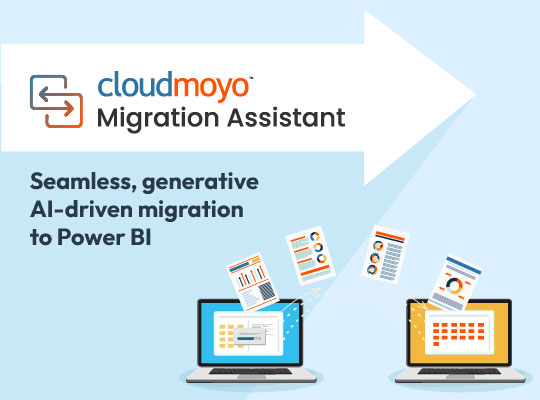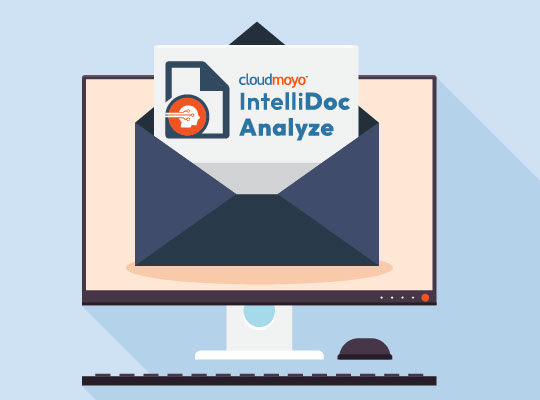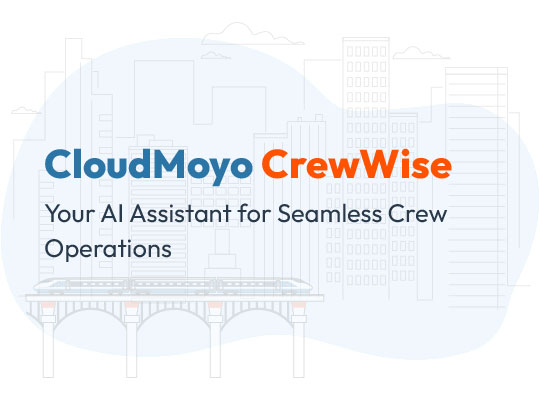Advances in the arena of pharmaceutical development have suffered from declining success rates for some time now, due to a number of critical factors such as decreased R&D, as well as multiple challenges to growth and profitability, and the increasing cost of regulatory compliance. But there are a number of bright spots on the horizon, most notably with the incredible advances in the capabilities of big data and analytics, and their integration into all aspects of the pharmaceutical industry.
Global research firm McKinsey Global Institute estimate that $100-billion in value can be generated within the US health-care system through the strategic and targeted use of big data. A Mckinsey study says that by optimizing innovation, improving the efficiency of research and clinical trials, and building new tools for physicians, consumers, insurers, and regulators can meet the promise of more individualized approaches.
But in order for this to happen, big data analysts need an integrated approach in gathering data; from patients to caregivers and retailers of pharmaceuticals, as well as from the R&D process itself. This holistic view of the entire pharmaceutical chain will provide a pathway to finding the most effective medications from all the data and dramatically changing lives for those most in need.
- Breathing New Life Into R&D: A number of factors are critical when it comes to re-invigorating the R&D market: analysis needs to happen in real time in order to avert any safety concerns and costly delays. Data can no longer be handled in a cut-off or siloed approach, it requires a more integrated method of gathering across multiple departments. Furthermore, the makeup of clinical trials can be significantly improved with big data. Using tools such as social media, real-time sensors and genetic information to target specific populations, clinical trials can be streamlined thus making them more efficient and cost-effective.
- Steps to a Better Industry: In order for Big Data to deliver a more profound impact on the pharmaceutical industry, CloudMoyo – a partner for Cloud & Analytics – has suggested a number of measures that need to be implemented in order to bring about massive improvements. Firstly, data needs to be managed and integrated at all stages of the value chain, then all stakeholders need to collaborate to enhance linkages across drug research, development, commercialization, and delivery. Thirdly, portfolio management needs to be data-driven for the analysis of current projects, and pharmaceutical R&D should employ cutting-edge tools which will enhance future innovation. Biosensors which are linked to apps are making health-measurement more effective and more affordable than ever before. All of these measures should result in improved clinical trial efficiency and a better safety and risk management record.
- Multiple Benefits to the Industry: Apart from the direct arenas of R&D and Clinical Trials, big data has a lot to offer the pharmaceutical industry in terms of sales and marketing, regulatory compliance, consumer support, as well as complex contract management solutions to create win-win solutions with multiple stakeholders and payer organizations. It’s no exaggeration to say the rapid uptake of cloud computing is changing every aspect of the pharmaceutical industry.
CloudMoyo’s Role:
Big data analytics firm CloudMoyo has pioneered the use of advanced analytical models to improve targeting of customers and to gain insights into the different areas of the complete business. In one such instance, an increased visibility into the sales pipeline and an ability to track the entire sales cycle led to an improvement in the conversion rates of a US-based pharma CRO by 15% and a reduction of the sales cycle by 10 days.
Sales analysis is not the only aspect of the pharma industry where CloudMoyo has been getting involved. CloudMoyo has also helped to transform pharma contract management through Analytics thereby extracting valuable insights and helping their regulatory compliance needs. The company understands that advances in sensor technology and cloud-based data management are helping to provide control to both patients and their healthcare professionals. So the company developed technology that would deploy architecture patterns for streaming and analyzing real time data from sensors on the cloud, and integrate real-time video feed and analytics in order to improve the digital health initiatives of their clients.
The potential of big data to provide predictive and evidence-based analysis, coupled with a reinvigorated R&D environment and the cost-cutting measures that flow from these initiatives, suggest that big data has an enormous role to play in the pharmaceutical industry in the years to come.
If you feel your company would benefit from our Azure Assessment where CloudMoyo looks at your data structure and provides feedback and a roadmap for the way forward, then please get in touch with us.



















